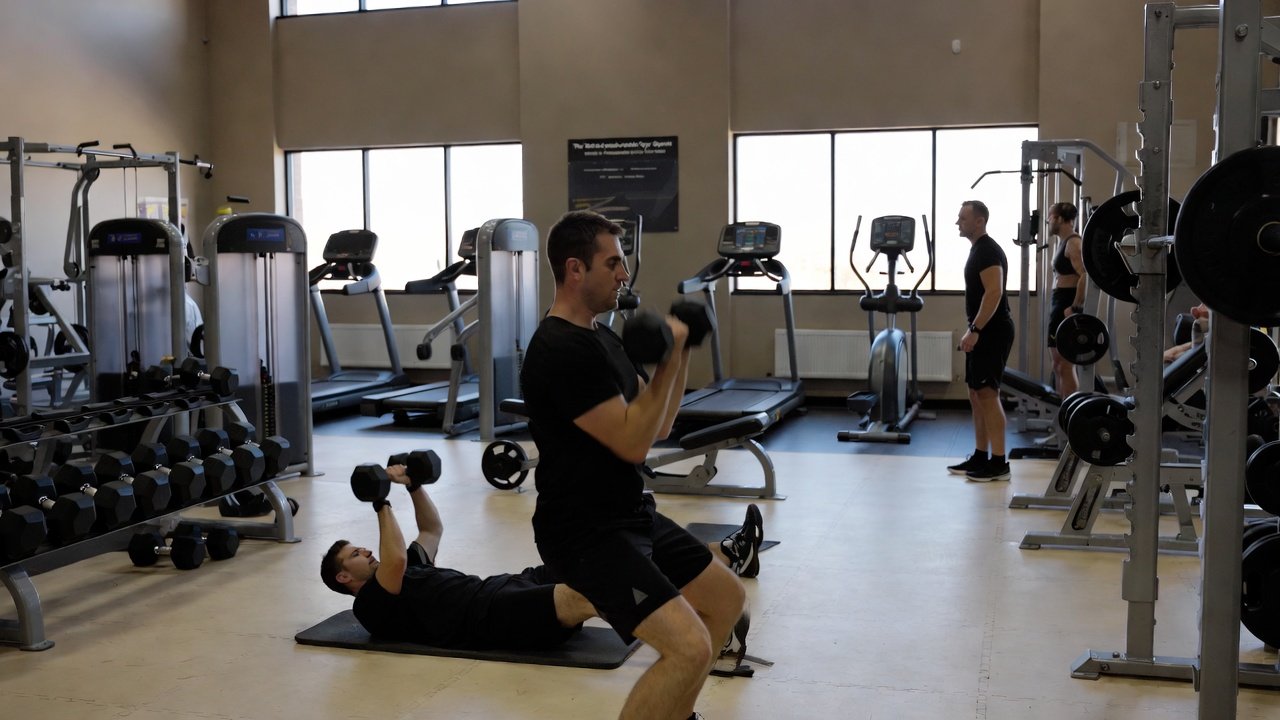Diabetes self-management education is associated with improvements in patient-reported quality of life, though findings vary between different interventions, according to findings from a systematic review.
“This research demonstrated that implementing components of diabetes self-management education can positively influence quality of life in adults and youth with type 1 diabetes,” Patricia Davidson, DCN, RDN, CDCES, LDN, professor in the department of nutrition at West Chester University of Pennsylvania, told Healio. “Even when outcomes may not have reached statistical significance, trends indicated clinical impact. Quality of life can be measured at both the individual and community level. At the individual level, quality of life addresses mental health and physical factors, as well as mood, health risk and functional status.”
Davidson and colleagues conducted a systematic review of randomized controlled trials examining associations between diabetes self-management education (DSME) and quality of life outcomes. Studies published from 2007 to March 2020 were obtained from seven databases. Studies that included DSME alone as an intervention or as a key component of a combined intervention were included. Education program interventions had to address at least one component of the ADCES7 Self-Care Behaviors from the Association of Diabetes Care & Educations Specialists, and quality of life had to be included as either a primary or secondary measure in each study to be part of the review.
The findings were published in The Science of Diabetes Self-Management and Care.
Nineteen articles reporting on 17 randomized controlled trials were included in the review, with an average of 196 participants ranging in age from 8 to 51 years (mean age, 22.9 years). There were 11 trials in which children or adolescents participated, and six trials focused on adults. Ten of the 19 interventions were structured diabetes education programs or courses with multiple sessions.
Six studies evaluated quality of life as the primary outcome. Of the six, three studies reported a significant improvement in quality of life among either DSME participants or their caregivers compared with controls. In one study that evaluated metabolic and quality of life outcomes equally, quality of life improved in the intervention group.
The remaining 10 trials had quality of life as a secondary outcome. Of those 10, three trials found participants with type 1 diabetes had significant quality of life improvements compared with controls.
All seven studies that found improvements in quality of life varied by patient population, selection of quality-of-life tools and intervention type and length.
“An important finding is that there is momentum in the research evaluating patient-related outcomes such as health-related quality of life,” Davidson said. “Many of the studies that did have the primary or secondary outcome of quality of life occurred after the release of the Beyond A1c consensus statement published in Diabetes Care. This finding suggests that researchers are recognizing the importance of evaluating patient-reported outcomes like quality of life to move beyond HbA1c and its impact on achieving diabetes care goals.”
Davidson said quality of life needs to become a bigger part of assessing diabetes-related health, and future research should take a closer look at how interventions affect specific groups of patients.
“Clinicians and researchers aren’t looking at the individualized impacts on quality of life,” Davidson said. “They’re looking at general variables and using generic health-related quality of life tools to measure quality of life. Future research and practice must move away from a generalized approach and address person-specific characteristics, family and environmental factors, and social determinants of health.”
For more information:
Patricia Davidson, DCN, RDN, CDCES, LDN, can be reached at pdavidson@wcupa.edu.
Please review our business at: Google Yelp Facebook
If you’d like to learn more, please visit our Member’s Area to access our subscribed content.
Did you know you can work out and exercise with a trainer at your home, office, hotel room, or anywhere in the world with online personal training?
Like us on Facebook/Connect with us on LinkedIn/Follow us on Twitter
Make sure to forward this to friends and followers!






